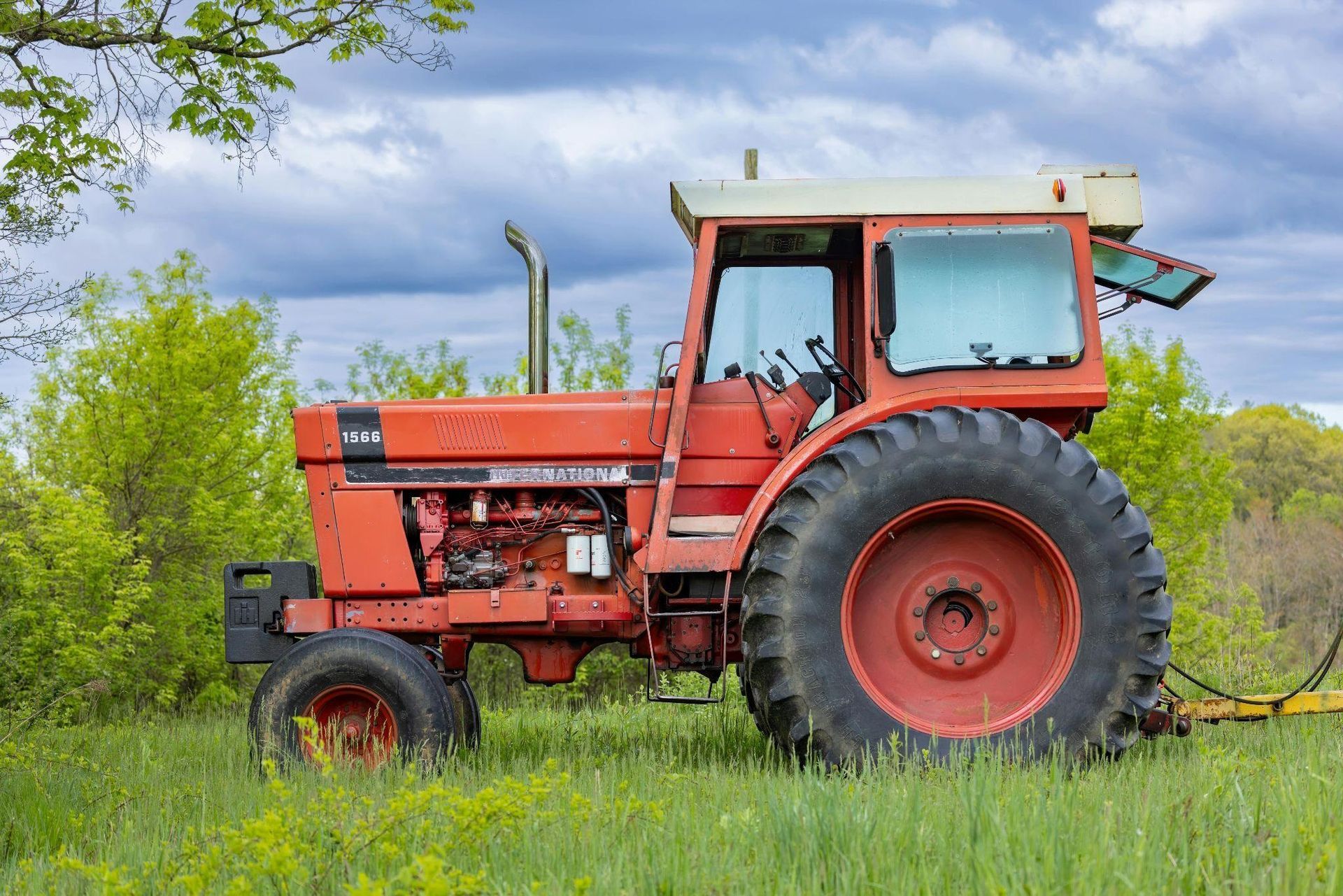Tractor Oil: Key Types, Storage Requirements & Usage

Keeping your agricultural machinery running smoothly is essential for efficient farming operations. Tractor oil, specifically tractor engine oil, plays a crucial role in maintaining the health and performance of your tractors.
At Northern Oil, we understand the importance of quality agricultural fuels and lubricants, and we’re here to guide you through the key aspects of tractor oil.
Read on to find out more about the various types available, with a look at some top tips for storage and usage.
Understanding Key Tractor Oil Types
Tractor oils are not a one-size-fits-all product. Different tractor engines and hydraulic systems have specific requirements. It’s crucial to select the right type to ensure optimal performance and longevity:
● Engine Oil: This is the lifeblood of your tractor engine. It lubricates moving parts, prevents wear, and helps dissipate heat. Modern tractor engine oils are often multi-grade, such as 10W-30 or 15W-40, designed to perform in a range of temperatures. Always refer to your tractor’s manual for the manufacturer’s recommended oil viscosity and specification.
● Hydraulic Oil: This oil powers the hydraulic systems of your tractor, including lifts, loaders, and steering. It must be able to withstand high pressures and maintain viscosity over a wide temperature range.
● Transmission Oil: This oil lubricates the gears and bearings in your tractor's transmission system. It must provide excellent wear protection and maintain its properties under heavy loads.
● Universal Tractor Transmission Oil (UTTO): This is a versatile oil that can be used in both the transmission and hydraulic systems of many tractors. It simplifies maintenance and reduces the need for multiple oil types.
Proper Storage Requirements
Proper storage of tractor oil is essential to prevent contamination and degradation.
● Cool and Dry: Store oil containers in a cool, dry place, away from direct sunlight and extreme temperatures.
● Sealed Containers: Ensure oil containers are tightly sealed to prevent moisture and contaminants from entering.
● Designated Area: Store oil in a designated area, away from other chemicals and flammable materials.
● Regular Checks: Regularly check oil containers for leaks or damage.
● First In, First Out: Use the oldest oil first to prevent it from degrading over time.
Optimal Usage & Maintenance
Regular maintenance and timely oil changes are crucial for extending the life of your tractor.
● Follow Manufacturer’s Recommendations: Adhere to the oil change intervals recommended in your tractor's manual.
● Check Oil Levels Regularly: Regularly check the oil level and top up as needed.
● Use Quality Filters: Always use high-quality oil filters to remove contaminants.
● Monitor Oil Condition: Pay attention to the oil's colour and consistency. Dark or thick oil indicates it needs changing.
● Consider Seasonal Changes: Adjust oil viscosity based on seasonal temperature changes.
Northern Oil: High Quality Tractor Oil For Your Vehicle
Choosing the right agricultural fuels and tractor oil, alongside proper storage and maintenance, will ensure your machinery operates efficiently and reliably. At Northern Oil, we are committed to providing high-quality fuels and lubricants to support your farming needs.
If you have any questions or require further assistance with selecting the correct tractor oil for your machinery, please contact Northern Oil today. Our team of experts is ready to help you keep your operations running smoothly.












